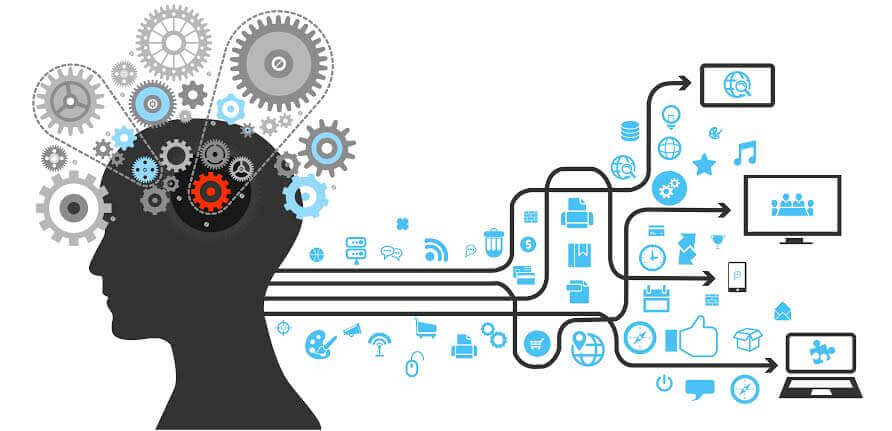
Ahead of his speaking at WIT, Oliver Heckmann, Vice President, Engineering for Travel and Shopping, Google, shares what’s top of his mind on how new technology such machine learning/AI and voice can make better travel.
Q: What new tech is getting you most excited about how it could make travel better in the future?
A: I’m excited about how machine learning will improve not only travel, but all industries. Machine learning is already having a big impact on our lives – one example is Google Translate. When we converted most of the Translate traffic to an AI-based system, we saw overnight gains in quality roughly equal to what the previous system had accrued in its entire lifetime. Neural machine translation is now available for over 90 languages, including many languages in APAC. Not only is Translate a critical product for travel and facilitating translations, but it also helps bring down language barriers and makes access to information easier. You may have also seen our recent hardware announcement, in which we introduced Google Pixel Buds to the world. In addition to bringing the Google Assistant to your ears without needing to pull out your phone, Pixel Buds will translate 40 languages in real-time – it’s like having a personal translator wherever you go.
About 50% of the content online is in English, but only 20% of the world’s population speaks English. That’s why translations matter, particularly in Asia where there’s a huge diversity in languages. For instance in India, we recently expanded translation support for seven Indian languages, and saw a 55% increase of app users in just a couple of days.
As consumer expectations continue to rise, machine learning also creates opportunities for companies to deliver better experiences at scale. The potential for machine learning in advertising to help uncover new insights, predict consumer needs and assist travelers along the journey is huge.




